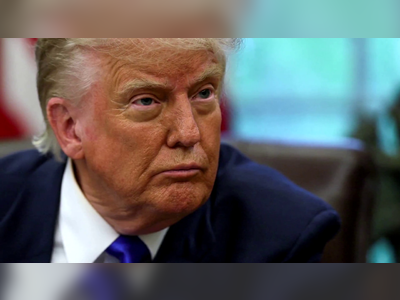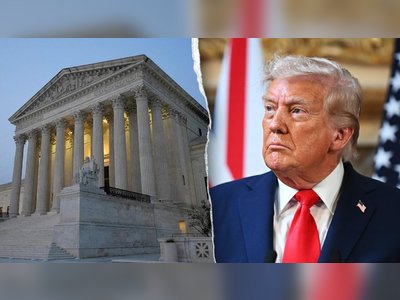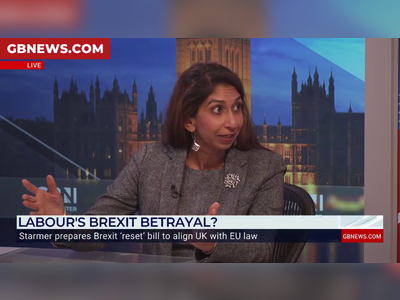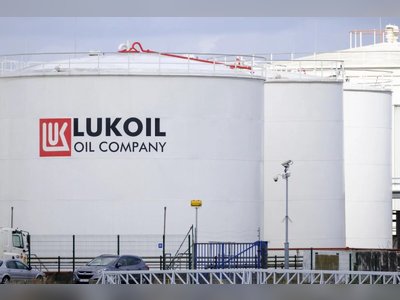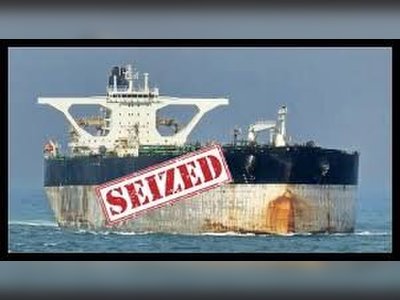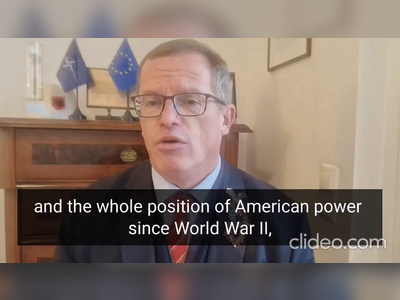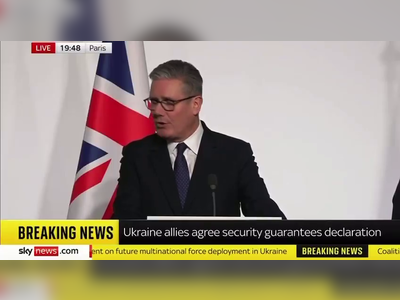
French Business Leaders Express Disillusion with U.S. Trade Policies Under Trump
Concerns over proposed tariffs prompt European firms to reconsider investment strategies in the U.S.
The recent announcements and threats regarding tariffs from U.S. President Donald Trump have led to significant concern among major European companies, particularly in France.
Many have opted to pause their investment projects in the United States, a shift reflective of the challenging business climate created by evolving U.S. trade policies.
French business leaders, who previously displayed optimism following Trump's re-election in November and subsequent policies favoring business expansion, have now expressed a stark change in sentiment.
A senior banker in Paris described the current atmosphere as one of chaos, stating that it has become increasingly difficult to manage enterprises under these conditions.
Prior to the recent developments, the overwhelming victory of Donald Trump in the presidential election had initially sparked enthusiasm among European executives.
They viewed the United States as a burgeoning, pro-business environment promising tax cuts and deregulation.
French executives had outlined plans to prioritize their operations and investments in the U.S., intending to deploy their top executives from European markets to this growing landscape.
However, the recent trade announcements are prompting a reevaluation of these strategies.
The sentiment has shifted; business leaders are now grappling with uncertainty as they navigate the potential impact of increased tariffs on their operations.
This period of reflection highlights the fragility of cross-border investment strategies in the face of unpredictable policy changes.
The implications of these decisions could extend beyond immediate financial considerations, affecting employment, market share, and long-term growth strategies for many firms linked to the U.S. market.
As companies assess their positions, the evolving economic landscape under Trump's administration continues to prompt significant reevaluation of international business plans.
Many have opted to pause their investment projects in the United States, a shift reflective of the challenging business climate created by evolving U.S. trade policies.
French business leaders, who previously displayed optimism following Trump's re-election in November and subsequent policies favoring business expansion, have now expressed a stark change in sentiment.
A senior banker in Paris described the current atmosphere as one of chaos, stating that it has become increasingly difficult to manage enterprises under these conditions.
Prior to the recent developments, the overwhelming victory of Donald Trump in the presidential election had initially sparked enthusiasm among European executives.
They viewed the United States as a burgeoning, pro-business environment promising tax cuts and deregulation.
French executives had outlined plans to prioritize their operations and investments in the U.S., intending to deploy their top executives from European markets to this growing landscape.
However, the recent trade announcements are prompting a reevaluation of these strategies.
The sentiment has shifted; business leaders are now grappling with uncertainty as they navigate the potential impact of increased tariffs on their operations.
This period of reflection highlights the fragility of cross-border investment strategies in the face of unpredictable policy changes.
The implications of these decisions could extend beyond immediate financial considerations, affecting employment, market share, and long-term growth strategies for many firms linked to the U.S. market.
As companies assess their positions, the evolving economic landscape under Trump's administration continues to prompt significant reevaluation of international business plans.

